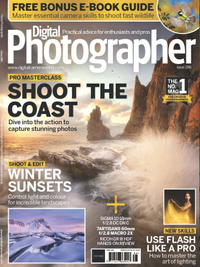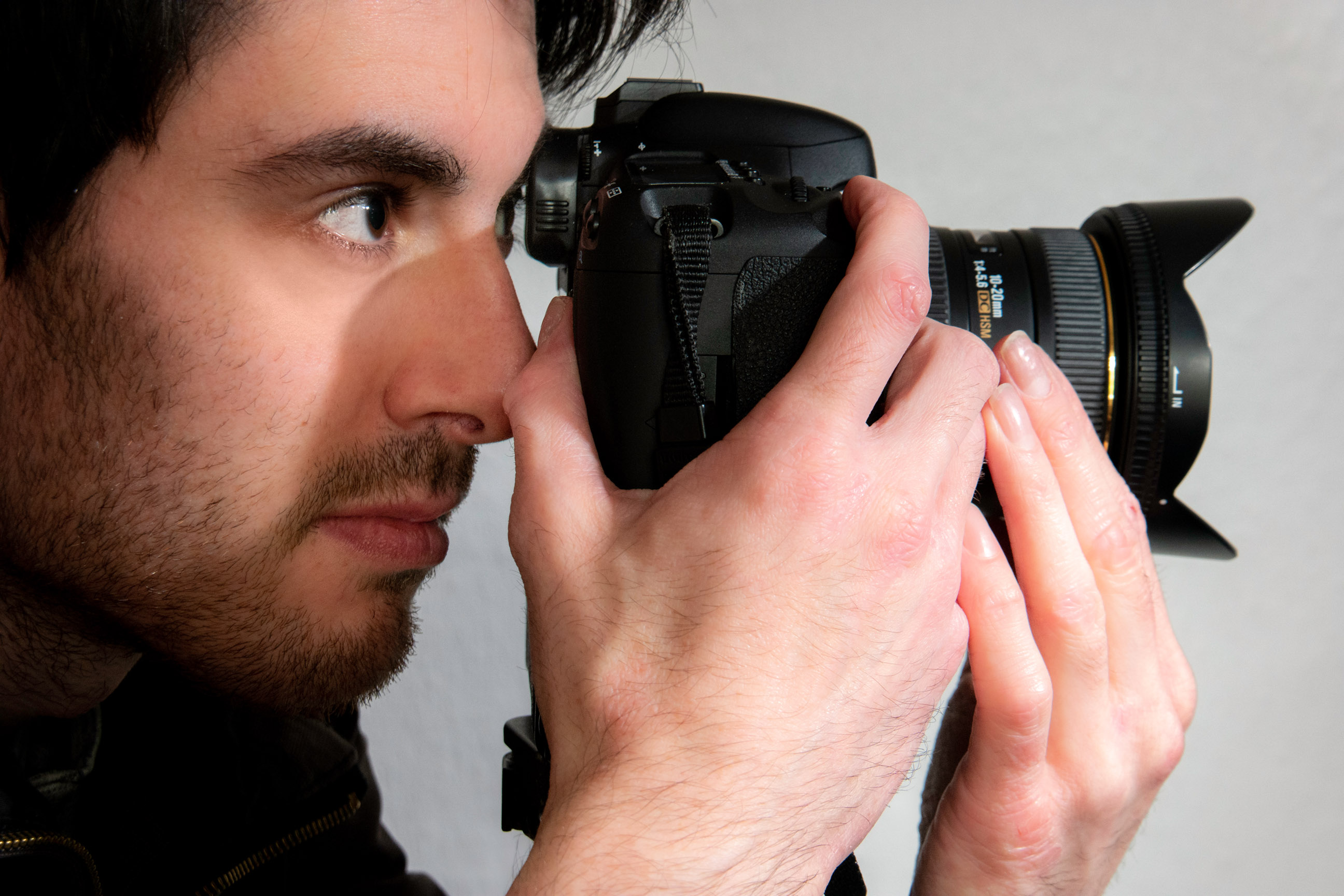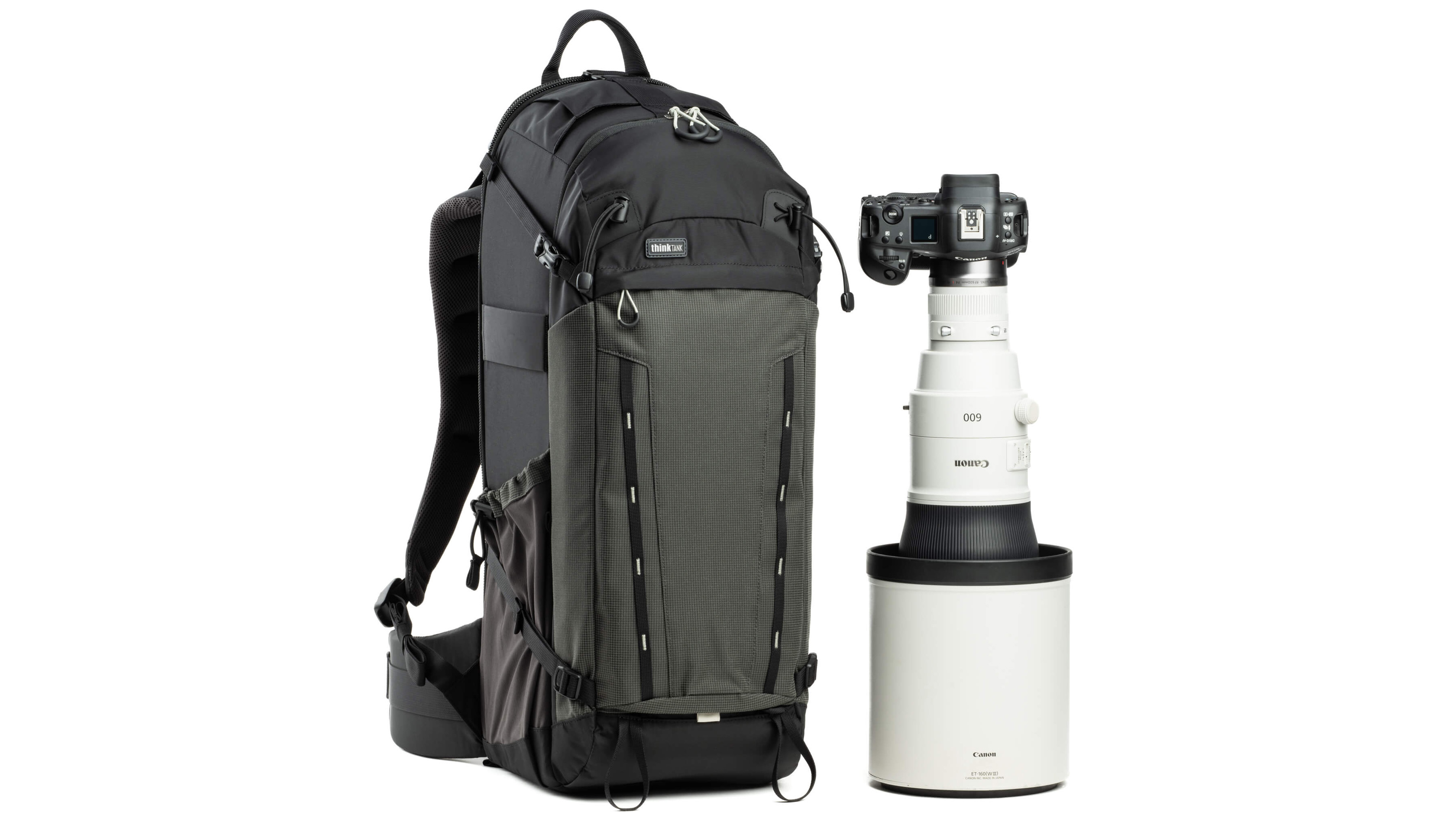"Since I was born deaf, I have to work much harder to break into the competitive market as a photographer"
We profile expert photographer Mikael Sundberg's career journey for insight on becoming established in the industry
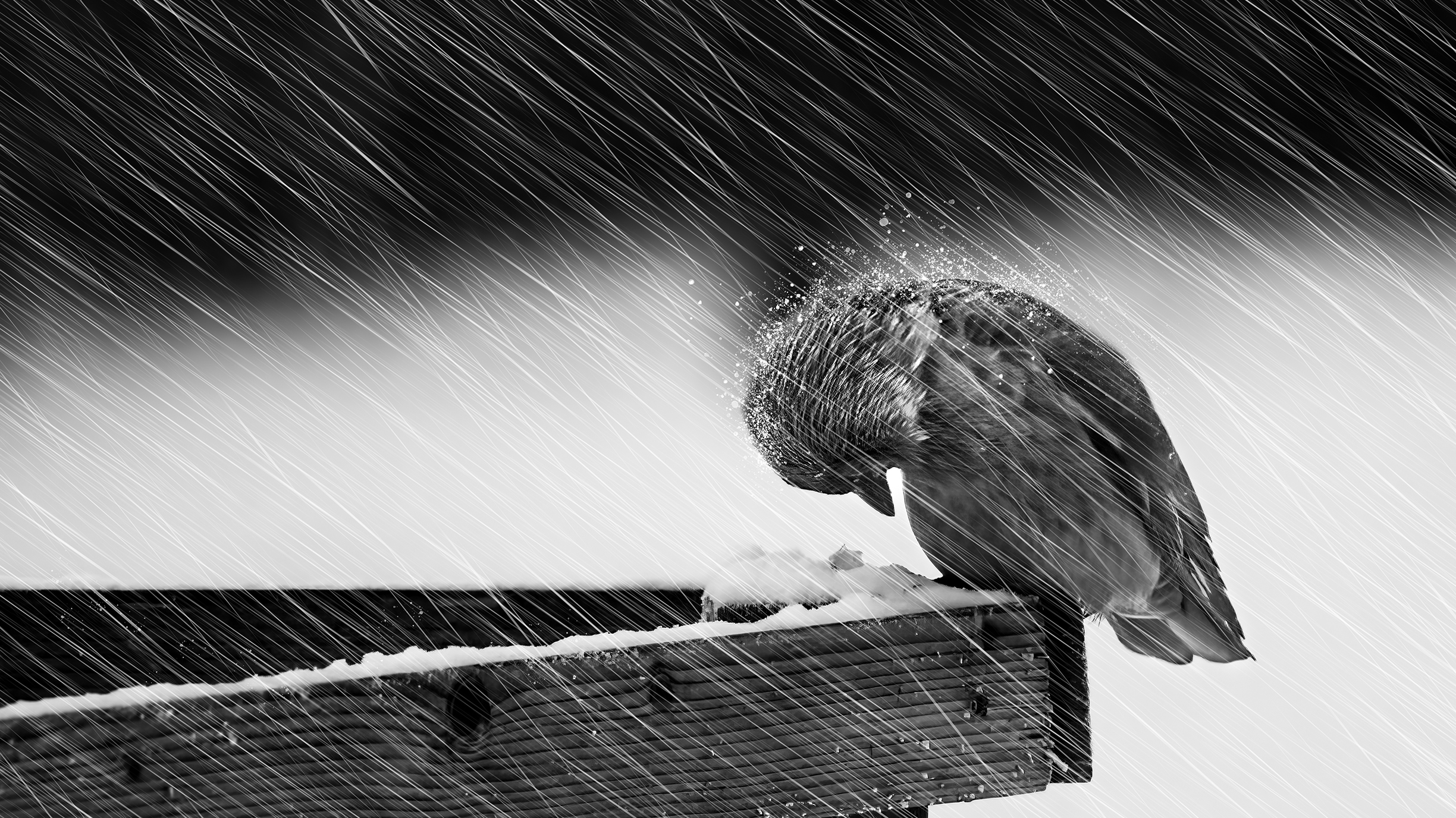
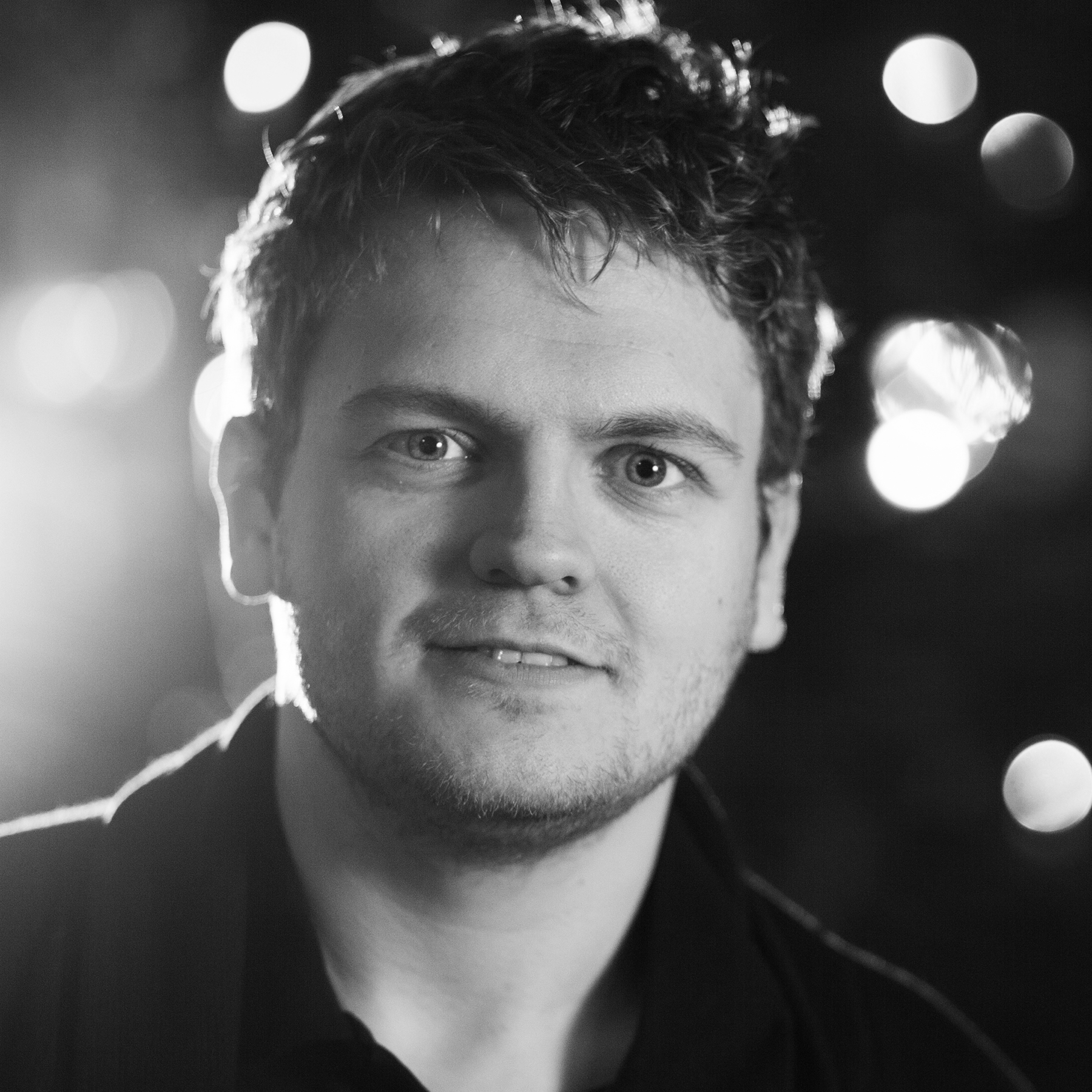
Mikael Sundberg is deaf-born and has a passion for creativity and photography. He currently has a photo book, called Behind the Lens: The Art & Inspiration of a Photographer, published on Amazon. The book has been a bestseller in new releases in three different categories and is now highly ranked.
When did you start out in your current photo genres?
I have always been a multi-genre photographer; I am guided by my feelings, desire, and willingness to photograph. I never stick to just one genre but can switch between several genres at the same time. For me, it is most important that a hobby remains a hobby and that I simply get paid for it. Photography as a job must not take over at all. I have turned down many photography jobs because of this. I am driven by my desire and willingness.
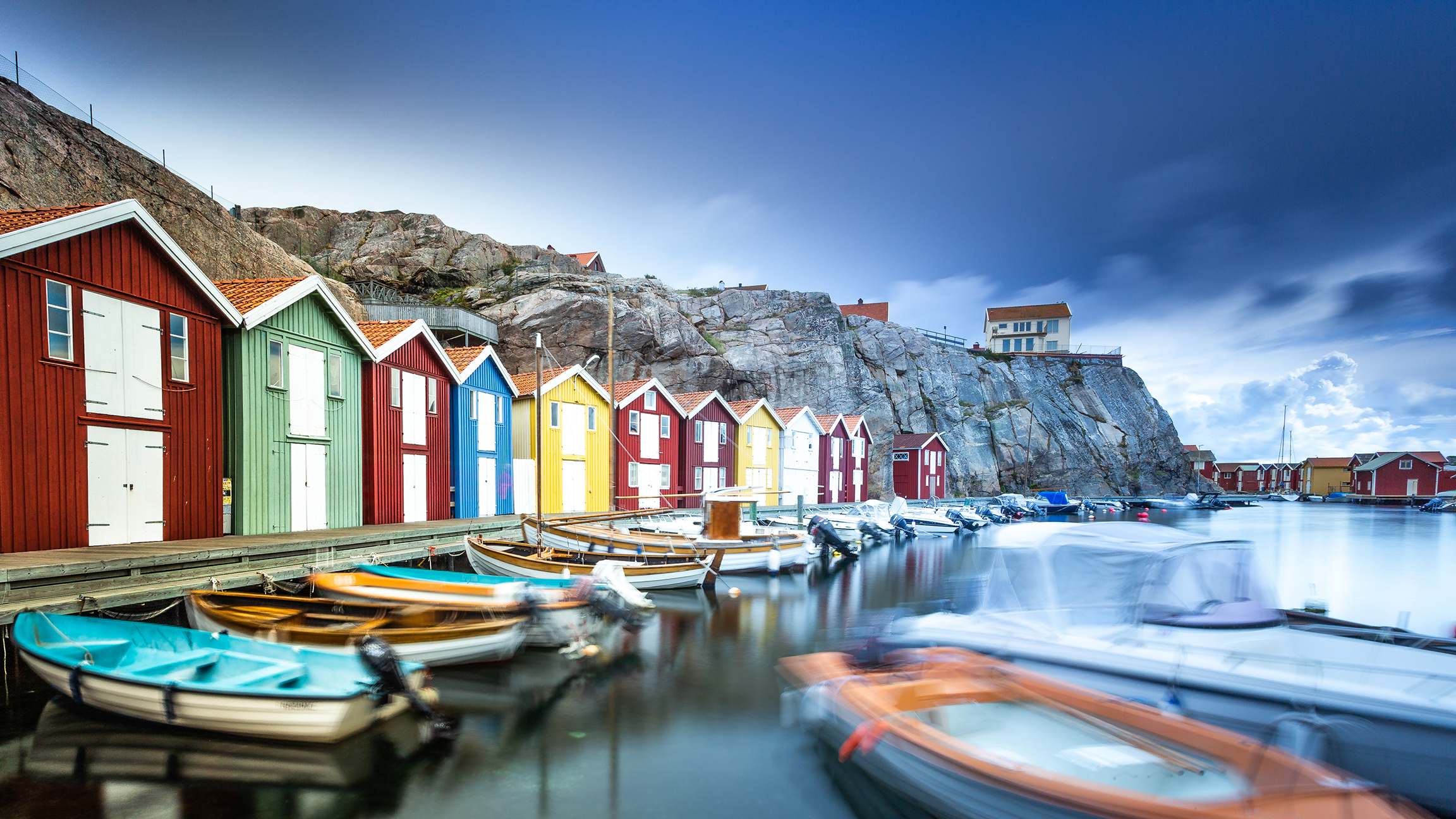
What challenges did you face as a startup, and how did you overcome these?
Since I was born deaf, I have to work much harder to break into the competitive market. Once I manage to do so, everything becomes easier over time and I build good connections. More and more people want to hire me as a photographer because they desire visually appealing photos, which is ideal for me as a deaf photographer. Given that I lack any sense of hearing, I have a highly developed sense of vision.
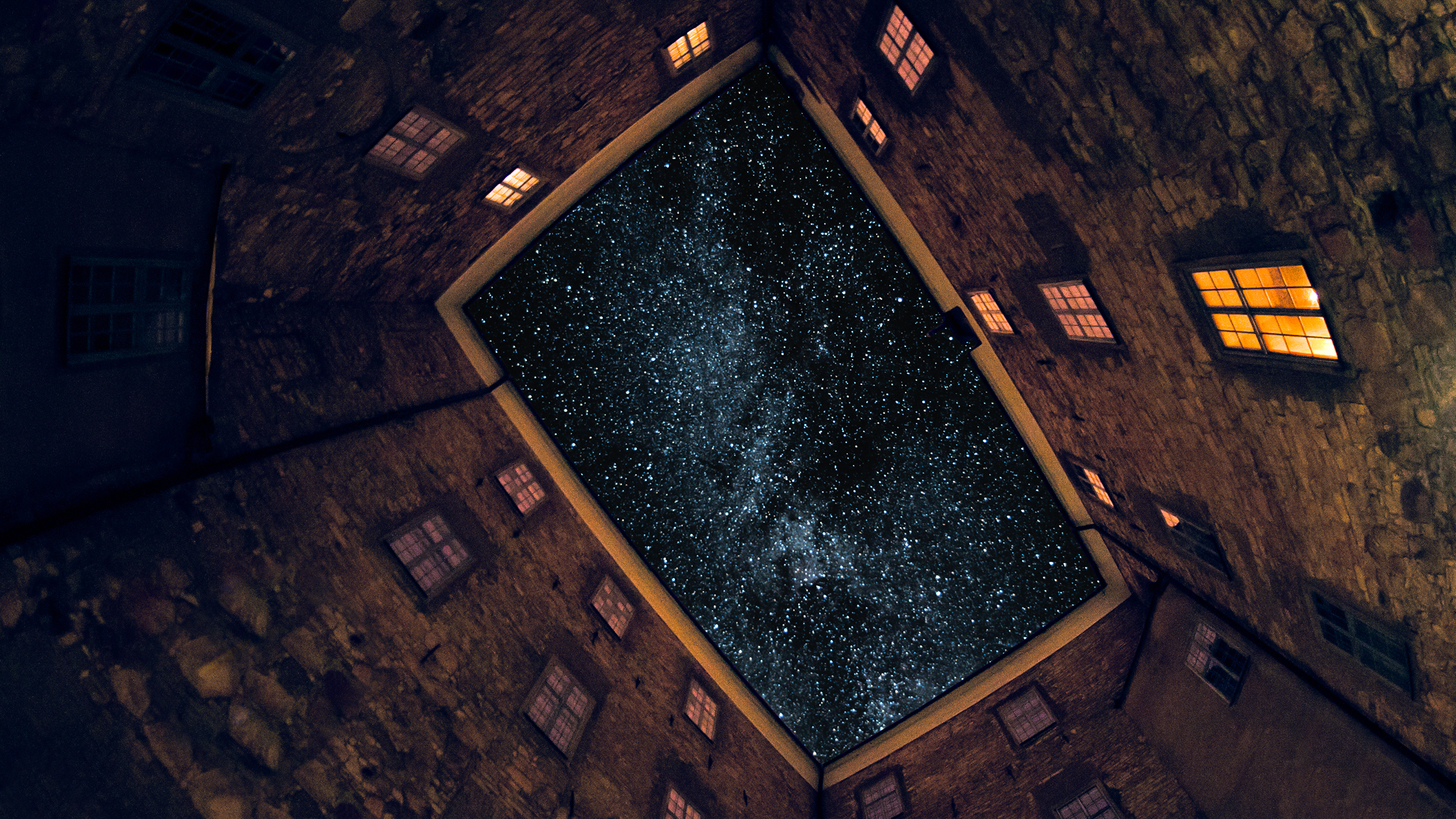
What key skills are needed for your line of work (for example, communication or problem-solving)?
I typically review everything with clients beforehand, allowing me to fully concentrate on the photography at the event. Discussing all details in advance via email greatly simplifies the process. When on-site, if someone needs to communicate with me, they can text on their phone. Otherwise, we resort to straightforward gestures, such as signaling to come here, pointing in a direction, and so on. Nearly everyone is familiar with these kinds of gestures.
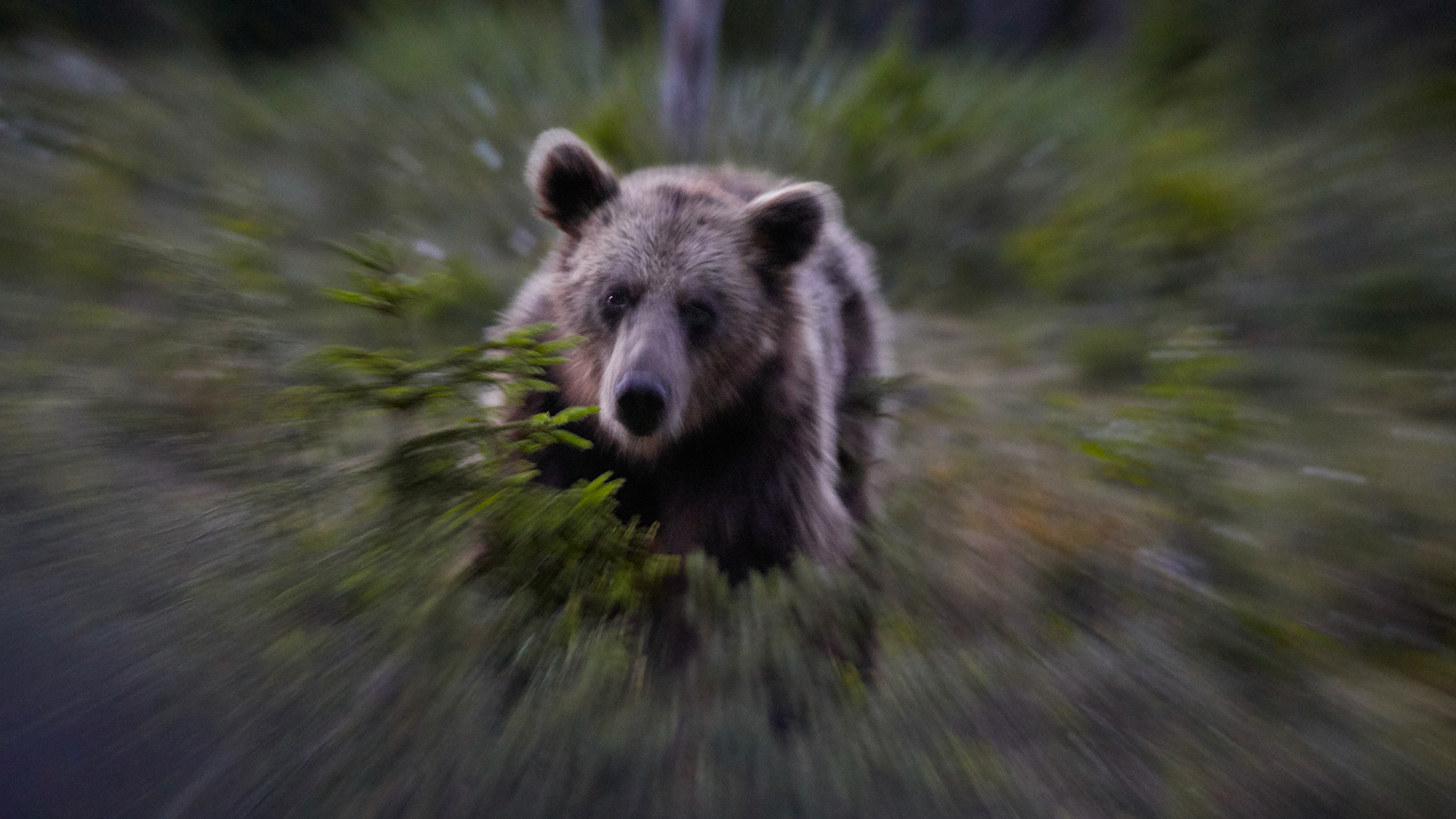
And your future plans? Are there any other genres you’d like to try or expand into?
The best camera deals, reviews, product advice, and unmissable photography news, direct to your inbox!
Right now, I’m interested in exploring a completely new genre. Despite my fear of water due to a near-drowning experience in childhood, I’m going to start snorkeling and photographing underwater. I see myself as an explorer eager to discover new worlds. I have studied space, terrestrial photography, and macro photography and now it’s time for the underwater world. I am also working on photo books that will be published on Amazon.
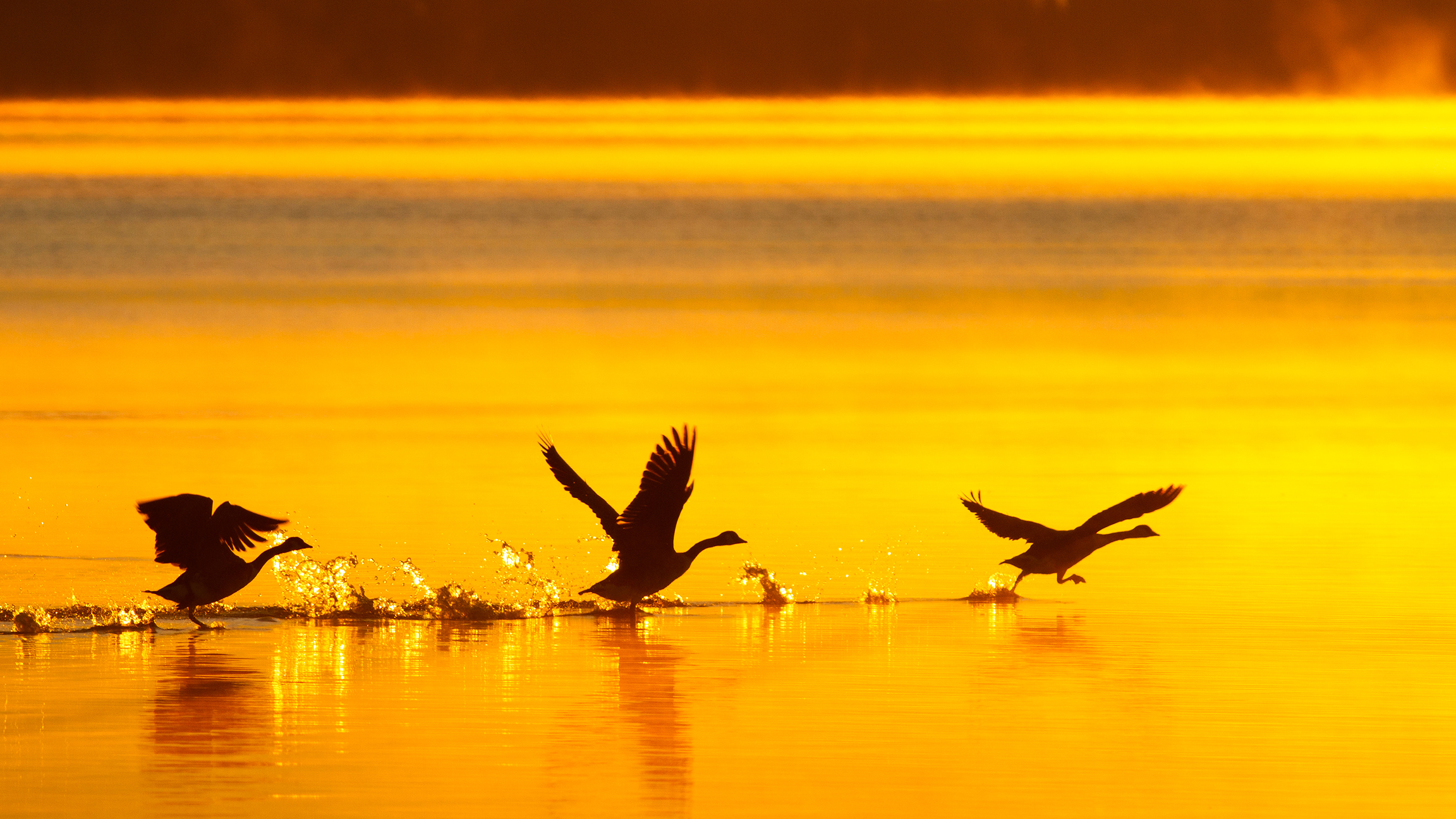
Mikael's main photo gear
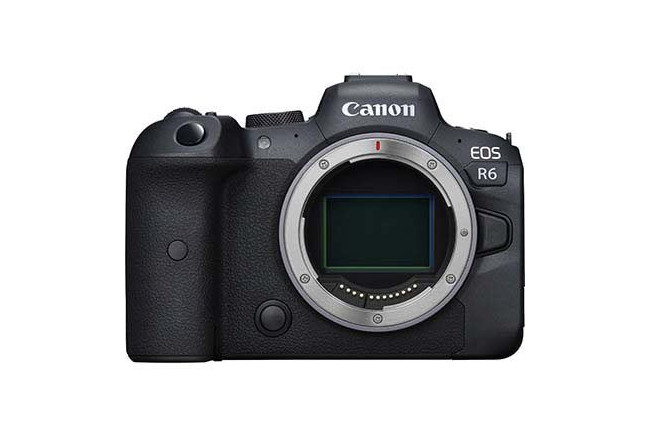
Great in low light. Small files are quick to work with and it’s possible to enlarge an image using AI if it needs more MP.
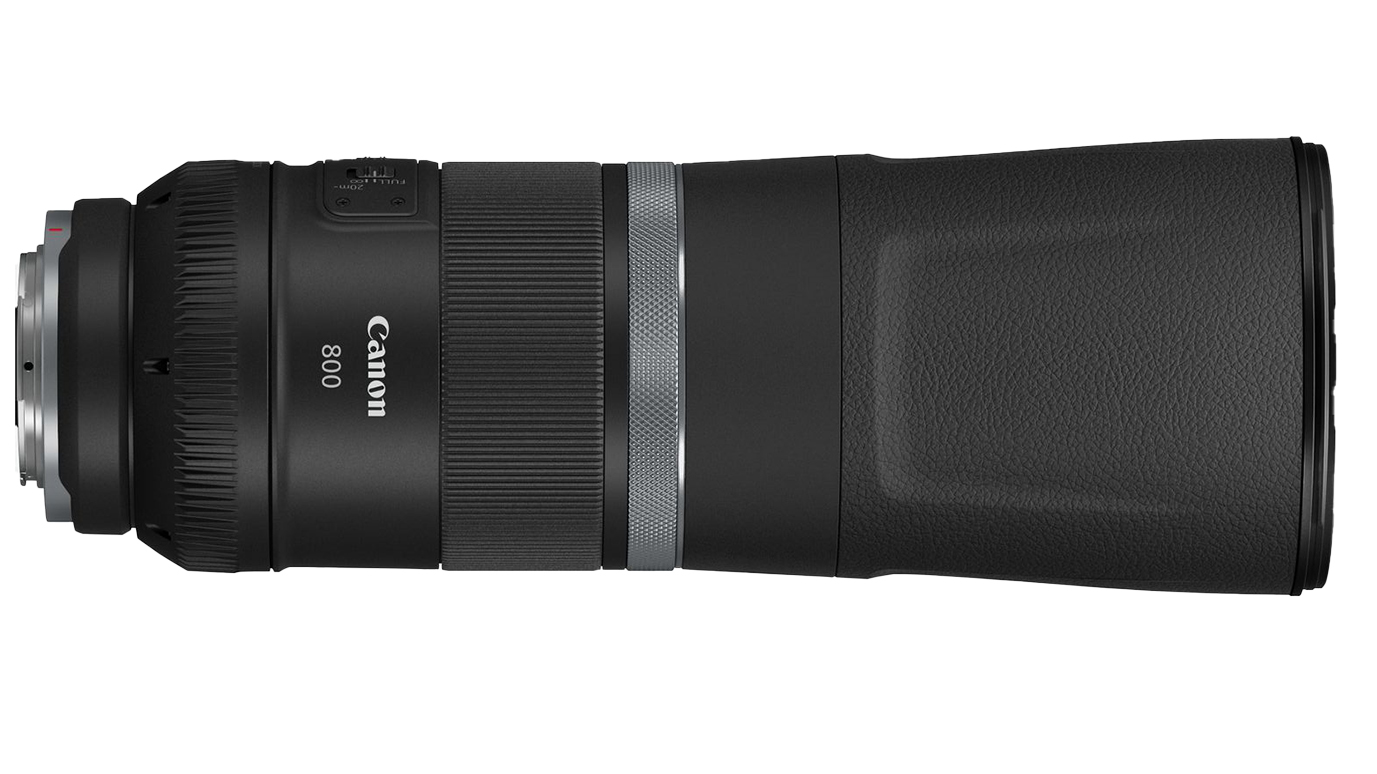
For when I need lightweight and handheld for wildlife in good natural light without a tripod. It’s used more for spontaneous occasions.
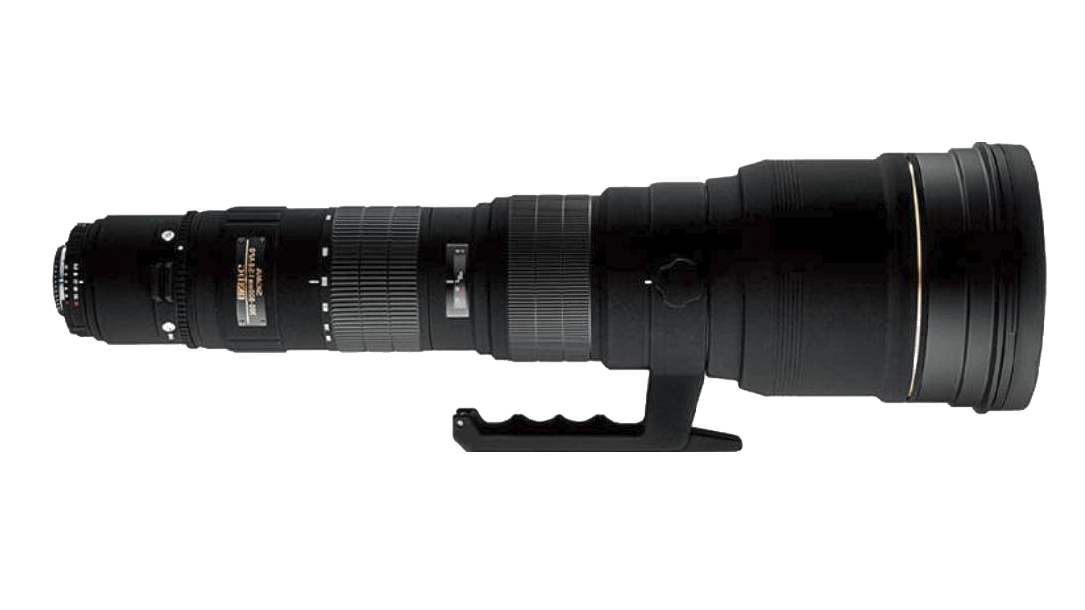
Sigma 300-800mm f/5.6
A favorite lens for wildlife and sports, when I use a tripod. It’s not often you see such lenses these days.
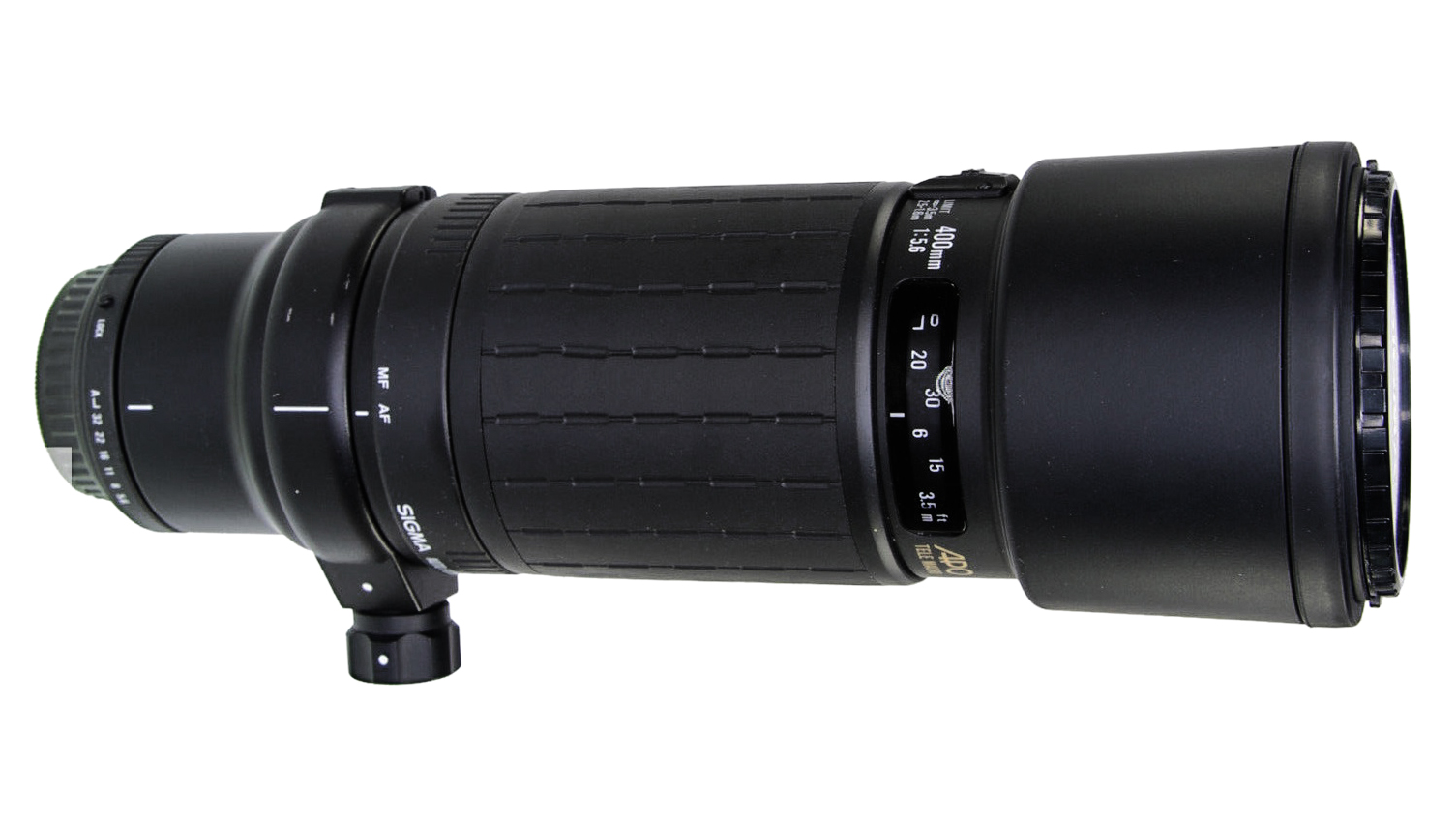
Sigma 400mm Tele APO Macro
A vintage lens I can’t be without! Good close focus for when I’m photographing frogs or snakes.
This article originally appeared in Digital Photographer, a monthly magazine, and the kitbag essential for pros, enthusiasts and amateurs alike!
Inside, you'll find practical guides, shooting tips and techniques from working photographers, plus all the latest industry news.
As the Editor for Digital Photographer magazine, Peter is a specialist in camera tutorials and creative projects to help you get the most out of your camera, lens, tripod, filters, gimbal, lighting and other imaging equipment.
After cutting his teeth working in retail for camera specialists like Jessops, he has spent 11 years as a photography journalist and freelance writer – and he is a Getty Images-registered photographer, to boot.
No matter what you want to shoot, Peter can help you sharpen your skills and elevate your ability, whether it’s taking portraits, capturing landscapes, shooting architecture, creating macro and still life, photographing action… he can help you learn and improve.
You must confirm your public display name before commenting
Please logout and then login again, you will then be prompted to enter your display name.
